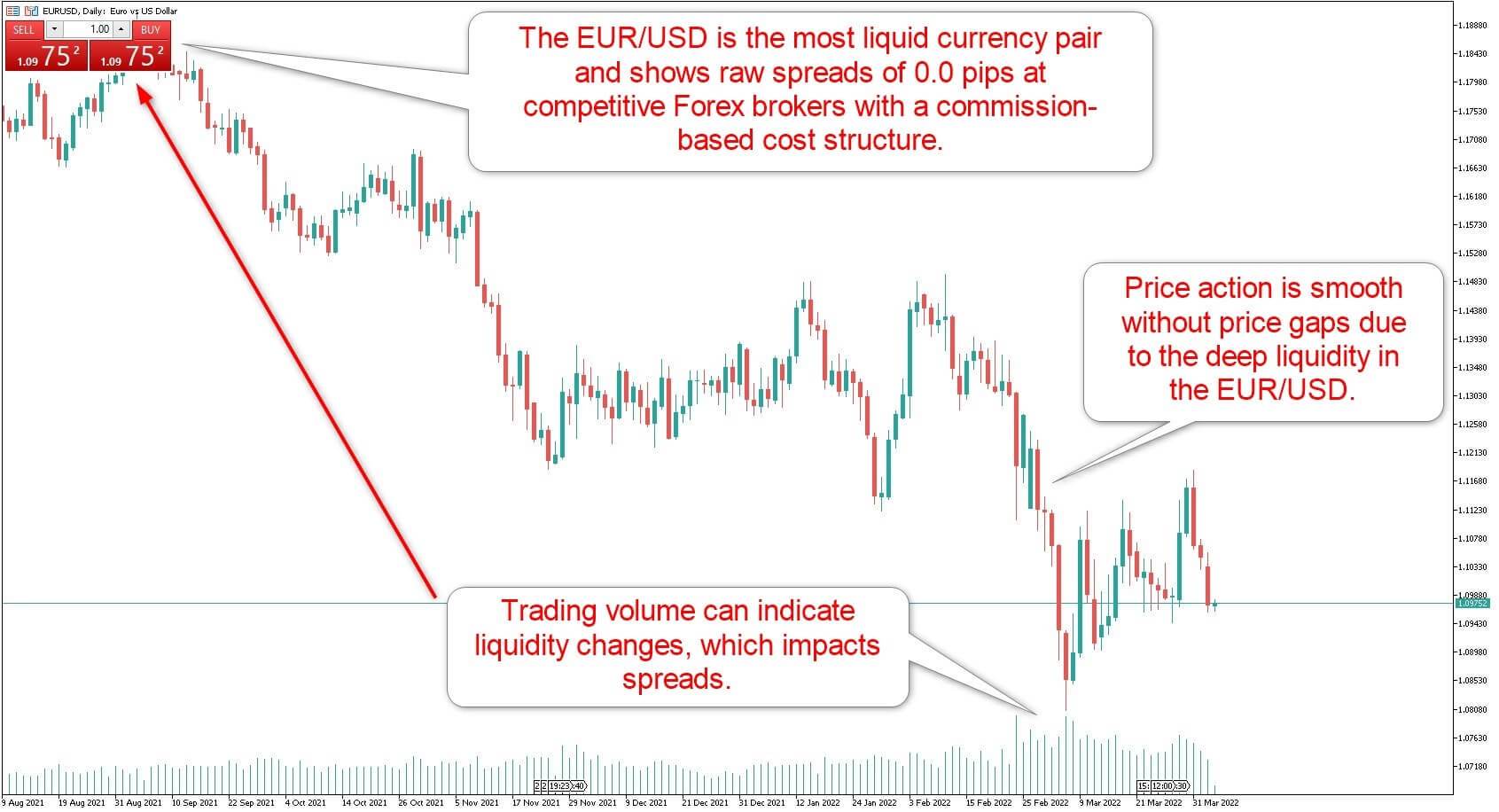
There are many apps to help you invest in personal investments. However, there is a handful that stands out. Shares 2 allows you to see a quick snapshot about your current position without having to link your brokerage accounts. Another option is Scutify. It filters out non-accredited news sources and removes them from the investment advisory system. You can also find industry news and regular investors. You can also track your favorite stock-market news sources.
M1 Finance
M1 Finance, an online financial planning tool and mobile app that allows investors track their investments, is M1 Finance. It is simple to use and allows users to display the portfolio's total value, along with the return and gains they have made. The program offers a goal-planning feature that allows you to track the performance of your investment portfolio. Customers can contact M1 via email, phone or during business hours. Customers can also contact M1 support using the chat option.

SoFi
SoFi's personal investment app is designed with the needs of both beginners and experienced investors in mind. SoFi's investing content is not perfect, but it can help you learn the basics of investing to become a better investment professional. The app is available for free from Google Play and Apple App Store. Additionally, the app also offers free financial advisor services and access to a wealth of educational material.
Betterment
If you're considering a personal investment app, consider Betterment. Betterment offers complete investment management, with periodic rebalancing. Betterment even allows you to open tax-sheltered retirement accounts. Betterment's personal financial advisers have strategies to reduce your investment tax liability. Betterment charges an annual advisory fee that is very affordable. There is no minimum initial investment and you can invest any amount.
Webull
The Webull Android and iOS app lets you manage your investments from a customized dashboard. Once you've created your portfolio, you can add stocks to your watchlist, which you can then monitor from any device. You can also add stocks directly from the Webull app on your desktop or mobile. To begin using Webull, you'll need to create an account. Sign up with your mobile number/email address and enter the verification code.
J.P. Morgan Self-Directed Investing
J.P. Morgan Self-Directed Investing is a great option if you're looking to set up a self-directed plan for investing. This program will allow you to consolidate all of the financial details into one simple online portal. But before you begin investing, here are some things to keep in mind. For starters, you need to establish a minimum investment of $500. You must keep the funds in your account for at most 90 days. The 90-day requirement does not apply to losses due to market fluctuations or trading. You will have the opportunity to trade for $0.65 per month once you meet these requirements.

Ally Invest
Ally Invest could be the right investment app for you if you are looking to automate your investing process. Ally Invest can help you manage your investments using robo-advisory software and a team investment professionals. Ally Invest's robo-advisory program requires you to answer a series of questions about your investing goals, risk tolerance, and time horizon. You will need to make a minimum of $100 in investment, and pay an annual advisory fee equal to 0.3% of your account balance.
FAQ
Can bonds be traded?
They are, indeed! Like shares, bonds can be traded on stock exchanges. They have been doing so for many decades.
The main difference between them is that you cannot buy a bond directly from an issuer. You must go through a broker who buys them on your behalf.
It is much easier to buy bonds because there are no intermediaries. This means that you will have to find someone who is willing to buy your bond.
There are many different types of bonds. Different bonds pay different interest rates.
Some pay quarterly interest, while others pay annual interest. These differences make it easy compare bonds.
Bonds can be very helpful when you are looking to invest your money. You would get 0.75% interest annually if you invested PS10,000 in savings. If you invested this same amount in a 10-year government bond, you would receive 12.5% interest per year.
You could get a higher return if you invested all these investments in a portfolio.
How do you invest in the stock exchange?
Brokers are able to help you buy and sell securities. A broker can sell or buy securities for you. Brokerage commissions are charged when you trade securities.
Banks are more likely to charge brokers higher fees than brokers. Banks will often offer higher rates, as they don’t make money selling securities.
An account must be opened with a broker or bank if you plan to invest in stock.
If you are using a broker to help you buy and sell securities, he will give you an estimate of how much it would cost. This fee will be calculated based on the transaction size.
Ask your broker:
-
the minimum amount that you must deposit to start trading
-
If you close your position prior to expiration, are there additional charges?
-
What happens when you lose more $5,000 in a day?
-
How many days can you keep positions open without having to pay taxes?
-
How much you can borrow against your portfolio
-
Whether you are able to transfer funds between accounts
-
How long it takes for transactions to be settled
-
the best way to buy or sell securities
-
How to Avoid fraud
-
How to get assistance if you are in need
-
Can you stop trading at any point?
-
whether you have to report trades to the government
-
If you have to file reports with SEC
-
Do you have to keep records about your transactions?
-
If you need to register with SEC
-
What is registration?
-
How does it impact me?
-
Who must be registered
-
What are the requirements to register?
Why are marketable Securities Important?
An investment company exists to generate income for investors. It does this through investing its assets in various financial instruments such bonds, stocks, and other securities. These securities have certain characteristics which make them attractive to investors. These securities may be considered safe as they are backed fully by the faith and credit of their issuer. They pay dividends, interest or both and offer growth potential and/or tax advantages.
A security's "marketability" is its most important attribute. This refers primarily to whether the security can be traded on a stock exchange. You cannot buy and sell securities that aren't marketable freely. Instead, you must have them purchased through a broker who charges a commission.
Marketable securities include common stocks, preferred stocks, common stock, convertible debentures and unit trusts.
Investment companies invest in these securities because they believe they will generate higher profits than if they invested in more risky securities like equities (shares).
Statistics
- Our focus on Main Street investors reflects the fact that American households own $38 trillion worth of equities, more than 59 percent of the U.S. equity market either directly or indirectly through mutual funds, retirement accounts, and other investments. (sec.gov)
- The S&P 500 has grown about 10.5% per year since its establishment in the 1920s. (investopedia.com)
- Ratchet down that 10% if you don't yet have a healthy emergency fund and 10% to 15% of your income funneled into a retirement savings account. (nerdwallet.com)
- For instance, an individual or entity that owns 100,000 shares of a company with one million outstanding shares would have a 10% ownership stake. (investopedia.com)
External Links
How To
How to open a Trading Account
Opening a brokerage account is the first step. There are many brokers out there, and they all offer different services. Some have fees, others do not. Etrade is the most well-known brokerage.
Once you have opened your account, it is time to decide what type of account you want. You should choose one of these options:
-
Individual Retirement Accounts, IRAs
-
Roth Individual Retirement Accounts
-
401(k)s
-
403(b)s
-
SIMPLE IRAs
-
SEP IRAs
-
SIMPLE 401K
Each option offers different benefits. IRA accounts provide tax advantages, however they are more complex than other options. Roth IRAs permit investors to deduct contributions out of their taxable income. However these funds cannot be used for withdrawals. SIMPLE IRAs can be funded with employer matching funds. SEP IRAs work in the same way as SIMPLE IRAs. SIMPLE IRAs are very simple and easy to set up. These IRAs allow employees to make pre-tax contributions and employers can match them.
You must decide how much you are willing to invest. This is called your initial deposit. A majority of brokers will offer you a range depending on the return you desire. For example, you may be offered $5,000-$10,000 depending on your desired rate of return. The lower end represents a conservative approach while the higher end represents a risky strategy.
After choosing the type of account that you would like, decide how much money. There are minimum investment amounts for each broker. The minimum amounts you must invest vary among brokers. Make sure to check with each broker.
You must decide what type of account you want and how much you want to invest. Next, you need to select a broker. You should look at the following factors before selecting a broker:
-
Fees – Make sure the fee structure is clear and affordable. Many brokers will offer rebates or free trades as a way to hide their fees. However, some brokers charge more for your first trade. Don't fall for brokers that try to make you pay more fees.
-
Customer service – You want customer service representatives who know their products well and can quickly answer your questions.
-
Security - Make sure you choose a broker that offers security features such multi-signature technology, two-factor authentication, and other.
-
Mobile apps - Make sure you check if your broker has mobile apps that allow you to access your portfolio from anywhere with your smartphone.
-
Social media presence: Find out if the broker has a social media presence. It might be time for them to leave if they don't.
-
Technology - Does this broker use the most cutting-edge technology available? Is it easy to use the trading platform? Is there any difficulty using the trading platform?
After choosing a broker you will need to sign up for an Account. Some brokers offer free trials, while others charge a small fee to get started. After signing up you will need confirmation of your email address. Next, you'll have to give personal information such your name, date and social security numbers. You'll need to provide proof of identity to verify your identity.
After you have been verified, you will start receiving emails from your brokerage firm. These emails contain important information about you account and it is important that you carefully read them. This will include information such as which assets can be bought and sold, what types of transactions are available and the associated fees. Also, keep track of any special promotions that your broker sends out. These could include referral bonuses, contests, or even free trades!
The next step is to create an online bank account. Opening an account online is normally done via a third-party website, such as TradeStation. Both of these websites are great for beginners. When you open an account, you will usually need to provide your full address, telephone number, email address, as well as other information. Once you have submitted all the information, you will be issued an activation key. Use this code to log onto your account and complete the process.
Now that you have an account, you can begin investing.